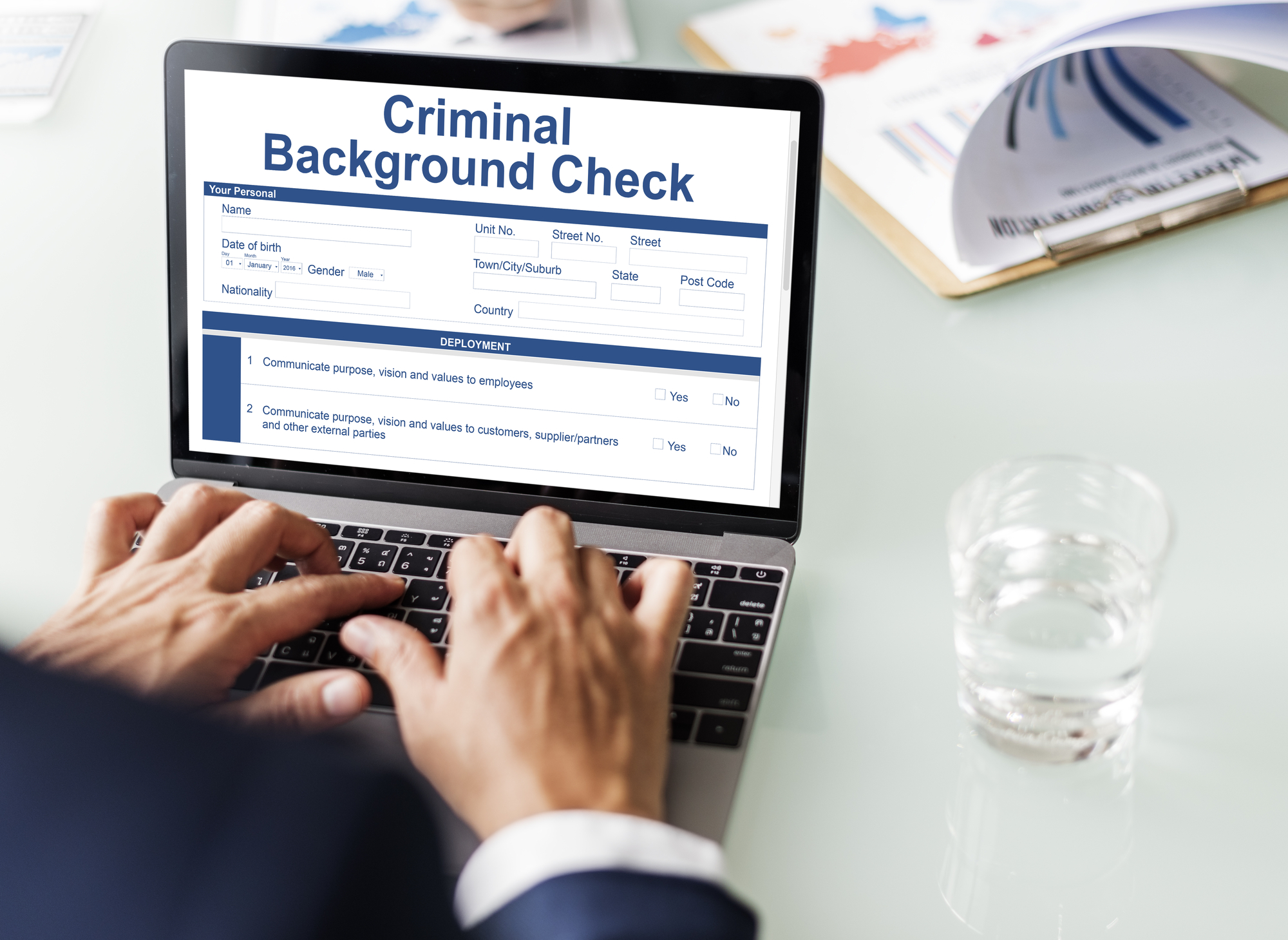
Criminal Background Check Insurance Form Concept
Conducting an employment check is an essential part of the hiring process. It ensures that the information provided by a job applicant is accurate and complete. However, it is important to conduct an employment check properly, as mistakes can lead to bad hires and legal troubles. In this article, we will discuss the top mistakes to avoid during an employment check.
- Not Getting Consent from the Job Applicant
Before conducting an employment check, you must obtain written consent from the job applicant. Failure to do so can result in legal issues, as it is a violation of the applicant’s privacy rights. The consent form should clearly state the purpose of the employment check and the types of information that will be gathered. It should also inform the applicant that the results will be used in the hiring decision.
2. Using Unreliable Sources
It is crucial to use reliable sources during an employment check. Relying on gossip or rumors can lead to inaccurate information and potential legal issues. It is best to use verified sources such as former employers, educational institutions, and official records. Verifying the accuracy of the information is important to ensure that the candidate is suitable for the position.
3. Failing to Verify the Information
Failing to verify the information provided by the job applicant can lead to disastrous consequences. It is important to verify information such as employment history, educational background, and criminal records. This information can be verified through background checks, reference checks, and by contacting previous employers and educational institutions. Failure to do so can result in hiring someone who is not qualified for the position or worse, a liability to the company.
4. Focusing Solely on Negative Information
Focusing only on negative information during an employment check is a common mistake. It is important to consider both positive and negative information to make an informed decision. While negative information can be concerning, positive information can also provide insight into the candidate’s abilities and work ethic. It is important to weigh all the information obtained to make a fair decision.
5. Asking Illegal Questions
Asking illegal questions during an employment check is a serious mistake. Questions related to the candidate’s age, race, religion, sexual orientation, and disabilities are prohibited by law. Asking such questions can result in legal issues, and the employer can be sued for discrimination. Employers must ensure that they ask only job-related questions and avoid any questions that can be perceived as discriminatory.
6. Ignoring Red Flags
Ignoring red flags during an employment check can lead to hiring the wrong candidate. Red flags may include gaps in employment, inconsistent information, or negative feedback from previous employers. Ignoring such red flags can lead to hiring someone who is not suitable for the position. Employers must investigate any red flags and obtain an explanation from the job applicant before making a hiring decision.
7. Not Maintaining Confidentiality
Employers must maintain confidentiality during an employment check. The information gathered during the check should be kept confidential and shared only with individuals involved in the hiring process. Failure to maintain confidentiality can result in legal issues and damage the reputation of the company.
Conclusion
Conducting an employment check is a crucial part of the hiring process. Employers must avoid the mistakes listed above to ensure that the information gathered is accurate and reliable. Failure to do so can result in bad hires and legal troubles. Employers must obtain written consent from the job applicant, use reliable sources, verify information, consider both positive and negative information, avoid illegal questions, investigate red flags, and maintain confidentiality. By avoiding these mistakes, employers can make informed decisions and hire the right candidate for the position.


